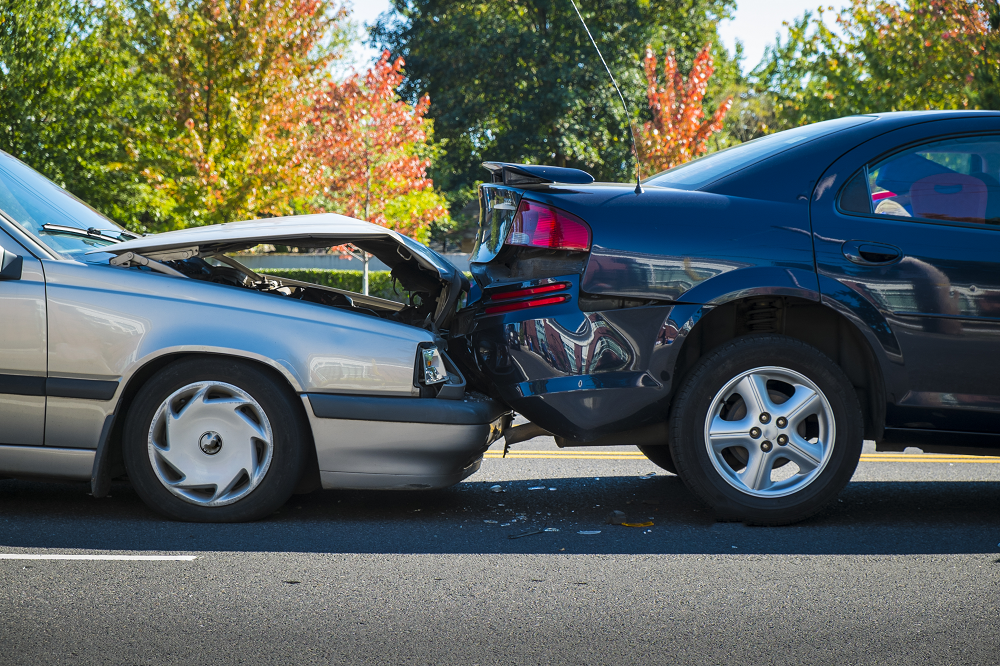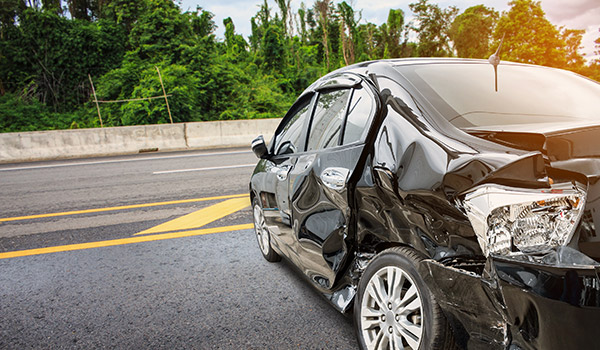
Uber is one of the most popular and convenient ridesharing services. It has become more preferred than taxis because of the convenience of booking a ride, electronic payment options, and cheaper fares. But have you ever wondered what to do if you ever get in an Uber car accident?
The way the ridesharing system works is that the drivers are independent contractors using their vehicles. They rarely have a commercial license with a comprehensive insurance policy, and clearly, their insurances won’t cover such incidents. So how can you file claims from Uber if the drivers are independent contractors?
Whether you are a pedestrian hit by an Uber driver or a passenger, the question is, can you sue Uber if you got involved in an accident? Does Uber compensate for accidents, or should you go after the driver?
Below are some steps you can do if you are ever involved in an Uber accident:
Table of Contents
1. Call the Paramedics or the Police
First of all, you need to check the safety of all parties concerned. If anyone is hurt, call for paramedics and police immediately. The police will make an incident report that will validate the incident for future claims. If you intend to get compensation for the accident, never leave the incident location first. The police will conduct an investigation, and you want to make sure they get your side of the story and prevent the other party from making conclusions about who is at fault.
2. Take Pictures and Get Everyone’s Contact Information
Proper documentation of the accident’s aftermath will be helpful for insurance claims. It can also help provide evidence during trials if needed, depending on the seriousness of the incident. Get everyone’s contact number—from the driver, witnesses, fellow passengers, if any, and the police officers present investigating the incident. At this time, there is still no conclusion as to who is at fault until the investigation is complete, so it’s crucial to be able to get in touch with anyone who might be helpful for your claims.
3. Report the Incident to all Involved Parties
The next thing to do is to report the incident to Uber and all the insurance companies involved. Reporting includes your insurance, the involved drivers’ insurances, and the Uber company. Report the incident as soon as possible because some insurance companies impose time frames to make a claim. If you don’t report it within the time indicated in their policy, you might not be eligible for claims on that incident, regardless of how strong your case may be.
4. Contact a Personal Injury Lawyer
Uber accidents can be more complicated than a typical road accident in terms of insurance claims. Getting a personal injury lawyer can help you sort things out, especially when you plan to sue Uber and not just the drivers involved.
If you are a passenger of an Uber driver during the accident and your driver is at fault, you should approach this incident as a personal injury case. It means you will hold the driver liable for your medical expenses and wage loss because of the incident. If your Uber driver is not at fault and you suffered severe injuries, you can bring a claim against the other vehicle’s driver.
Can you Sue Uber in Case of an Accident?
The quick answer is yes, you can sue Uber, especially if you have severe injuries that require medical treatment, confinement, and economic losses due to the accident. But you can only win claims if you can prove two things. One is that your Uber driver or the other driver involved in the accident is truly at fault. The next one is if you have evident sufferings from the incident that require medical attention and might result in economic loss.
Uber has insurance for all their Uber drivers, and they may claim this in case they get involved in an accident, whether or not they are at fault. Even if their driver is not at fault, Uber has insurance covering passengers riding in an Uber vehicle. Their liability to a third party can cover up to $1 million.
If you’re planning to push through with getting compensation from Uber, get in touch with a personal injury lawyer for proper guidance on insurance claims.



